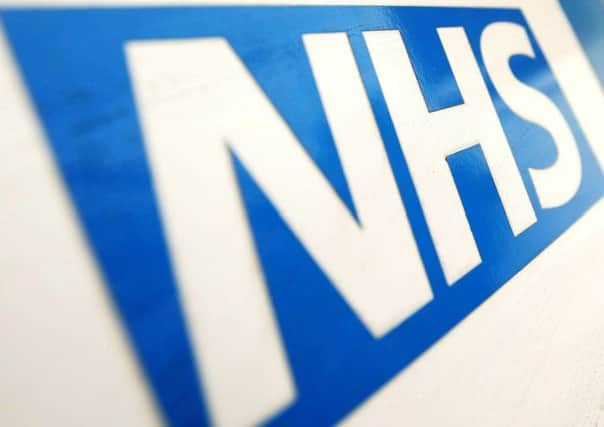Troubled NHS help line ‘led to rise in call-outs’


Experts from Sheffield University found there was no reduction in the number of 999 calls made, numbers of people going to A&E or use of urgent care centres in the first year of pilots for the 111 service.
Instead, it led to a 2.9 per cent increase in emergency ambulance incidents “and an increase in activity overall in the emergency and urgent care system”.
Advertisement
Hide AdAdvertisement
Hide AdResearchers said this could translate into an extra 14,500 call-outs for an ambulance service attending 500,000 incidents a year.
The study comes after NHS medical director Professor Sir Bruce Keogh said he wanted to see an “enhanced” 111 service, with a wider range of medical staff – such as doctors, paramedics, pharmacists, dental experts and mental health nurses – available to speak to patients.
But today’s Sheffield University research found that, in its first year “NHS 111 did not deliver the expected system benefits of reducing calls to the 999 ambulance service or shifting patients to urgent rather than emergency care”.
They said there was the potential the service created rather than reduced demand for urgent care.
Advertisement
Hide AdAdvertisement
Hide AdNHS 111 was designed to replace NHS Direct and is run by different organisations in different areas including Yorkshire Ambulance Service in this region.
Ministers were criticised for introducing the service before the pilots were completed. The service was beset with problems when launched, amid reports of patients facing long waits for advice and emergency services being inundated with patients who have been either incorrectly referred by 111 or unable to get any help at all although the problems have been less significant in Yorkshire.
Some 111 services apparently had problems answering calls within a 60-second target, while some doctors who received referrals from 111 said patients had been sent to the wrong services.
The researchers found “no evidence that NHS 111 changed use of most of the emergency and urgent care services” while there was “an increase in numbers of emergency ambulances sent to patients”.
Advertisement
Hide AdAdvertisement
Hide AdThey said a system designed to be used by handlers without clinical expertise will inevitably err on the side of caution and might offer less flexibility than one designed for clinicians.
The authors said there was an increase in activity overall in the emergency and urgent care system, and it was expected this increase would stay the same even when the full roll-out of NHS 111 was complete.
But the Department of Health insisted the study findings did not reflect the current state of 111.
A spokesman said: “We have backed the service with a £15m fund to support it over winter. NHS 111 now deals with more than half a million calls a month and 97 per cent of them are answered in under a minute.
Advertisement
Hide AdAdvertisement
Hide Ad“We are looking in detail at Sir Bruce Keogh’s recommendation to enhance NHS 111, so it provides even more expert advice and personalised care over the phone, to give people a quicker, more effective service and also help with the demand on our hospitals by supporting patients at home where possible.”